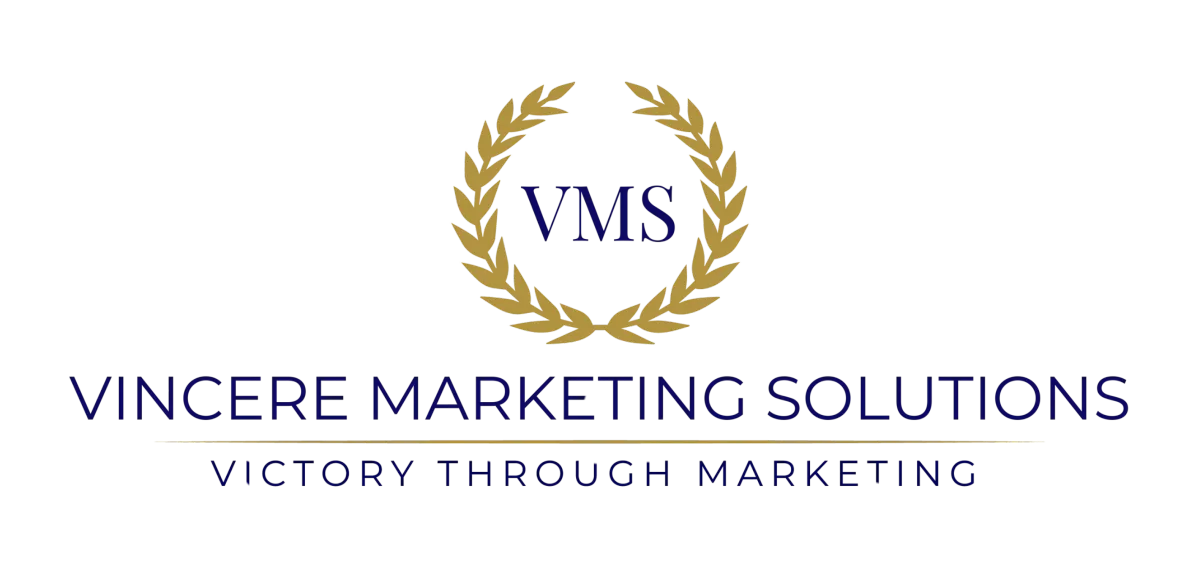Case Study
How Digital Marketing Unlocks SaaS Acquisition Opportunities for M&A Firms
Introduction
The Software as a Service (SaaS) industry has become a cornerstone for modern business, driving significant investor interest. With the market valued at $247.2 billion in 2024 and projected to grow at a compound annual growth rate (CAGR) of 18.4% through 2032, SaaS offers exceptional opportunities for growth and consolidation.
Despite its appeal, sourcing acquisition opportunities within this fragmented industry presents considerable challenges. Traditional methods such as broker-led outreach, public listings, and manual networking are not only resource-intensive but also limited in their reach. M&A firms face stiff competition, fragmented seller pools, and inconsistent lead quality.
This case study highlights how digital marketing—a modern, scalable, and data-driven approach—empowers M&A firms to overcome these challenges. By leveraging advanced targeting, multi-channel engagement, and real-time optimization, digital marketing bridges the gap between buyers and untapped SaaS sellers.
Challenges in Sourcing SaaS Companies
The SaaS sector offers lucrative acquisition potential, but traditional sourcing methods reveal persistent obstacles:
1. High Competition for Quality Leads
Traditional platforms like public marketplaces and broker channels often attract multiple buyers, driving up valuations and reducing deal exclusivity. Competing for the same limited pool of sellers increases costs and slows down decision-making processes.
2. Inaccessible “Hidden Sellers”
Many SaaS founders do not actively list their businesses for sale. Confidentiality concerns, uncertainty about the selling process, or simply not being aware of their business's potential value keep them off-market. Traditional methods often fail to uncover these untapped opportunities.
3. Scalability Limitations
Manual outreach methods—such as cold calling, referrals, or direct networking—are time-consuming and often result in limited deal flow. These approaches restrict scalability, leaving firms unable to capitalize on the vast pool of potential sellers.
4. Inconsistent Lead Quality
Traditional lead-generation strategies often fail to pre-qualify sellers based on critical acquisition criteria such as recurring revenue, churn rate, growth potential, or customer retention. This results in wasted time and resources pursuing unfit leads.
These challenges underscore the need for a comprehensive, scalable solution. Digital marketing fills this gap by offering precision targeting, cost-efficiency, and real-time adaptability.
How Digital Marketing Solves These Challenges
Digital marketing transforms SaaS acquisition sourcing by addressing traditional limitations with innovative, technology-driven solutions:
1. Targeted Campaigns for Precision Lead Generation
Digital platforms like Google, LinkedIn, and Meta (Facebook) enable hyper-specific targeting based on attributes such as revenue size, churn rates, growth potential, and customer retention. This ensures outreach is limited to sellers who meet predefined acquisition criteria, improving lead quality and conversion rates.
2. Uncovering Hidden Sellers
Customized campaigns can discreetly target SaaS founders who are not actively listing their businesses but may be open to exit discussions. By showcasing potential acquisition opportunities, these campaigns bring hidden sellers into the pipeline.
3. Scalable, Cost-Effective Outreach
Unlike manual methods, digital campaigns can reach thousands of potential sellers daily, delivering consistent, predictable deal flow at scale. Automation reduces outreach costs and streamlines resource allocation.
4. Multi-Channel Engagement for Relationship Building
Digital marketing integrates follow-up email workflows, SMS campaigns, and retargeting ads to keep sellers engaged. This ensures potential sellers are nurtured over time, positioning the firm as a trusted buyer when they decide to sell.
5. Data-Driven Optimization
Real-time analytics allow continuous monitoring and refinement of campaign performance. By adjusting targeting, messaging, and budget allocation, digital marketing maximizes both lead quality and cost-efficiency.
Hypothetical Example of Results
Here’s a snapshot of potential results when leveraging digital marketing for SaaS acquisition:
| Metric | $2,000 Monthly Spend | $8,000 Monthly Spend |
|---|---|---|
| Cost Per Lead (CPL) | $30–$50 | $30–$50 |
| Leads Generated | 40–65 | 160–260 |
| Conversion Rate | 1%–5% | 1%–5% |
| Businesses Converted | 0.5–2.5 (avg. 1) | 2.1–12.5 (avg. 5) |
| Revenue Impact (Converted) | $1M–$5M (avg. $2M/business) | $3M–$40M (avg. $2M/business) |
Benefits of Digital Marketing for SaaS Acquisition
By adopting a digital marketing strategy, M&A firms gain access to unparalleled advantages:
Scalability: Reach thousands of qualified SaaS business owners daily, ensuring a steady pipeline of acquisition opportunities.
Cost Efficiency: Generate leads at an economical $30–$50 CPL, significantly reducing the cost per acquisition.
Access to Off-Market Sellers: Engage hidden sellers who are open to discussions but not actively listing.
Precision Targeting: Leverage data-driven filters to align campaigns with acquisition goals.
Improved Lead Quality: Optimize campaigns in real time to attract highly qualified sellers.
Long-Term Engagement: Maintain seller relationships over time through nurturing campaigns, increasing the likelihood of conversion.
Conclusion
In the competitive SaaS market, traditional sourcing methods fall short of the speed, precision, and scalability required to stay ahead. Digital marketing offers M&A firms a transformative solution to generate proprietary deal flow, uncover hidden sellers, and achieve acquisition goals efficiently.
By adopting a digital-first strategy, firms can dominate the SaaS acquisition landscape, reduce costs, and accelerate growth.
Next Steps
Ready to revolutionize your SaaS acquisition process? Schedule a consultation with our team today and discover how tailored digital marketing solutions can drive your success.
Work With Us
Ready to See How This Works for Your Firm?


© Copyright 2024. All rights reserved.
